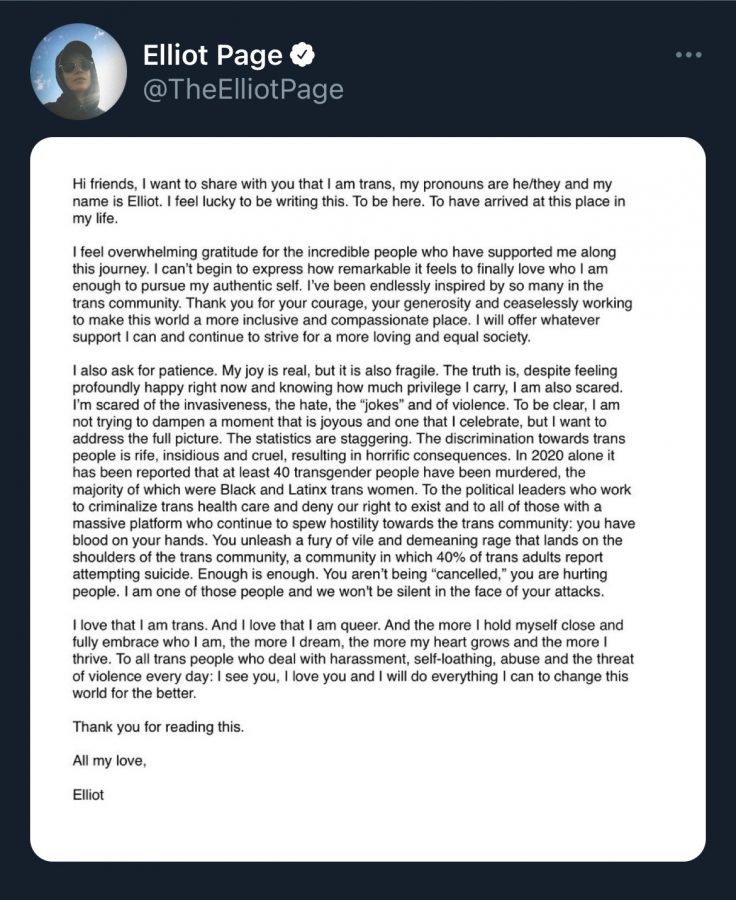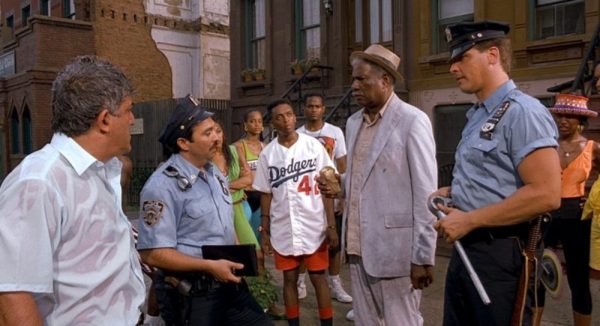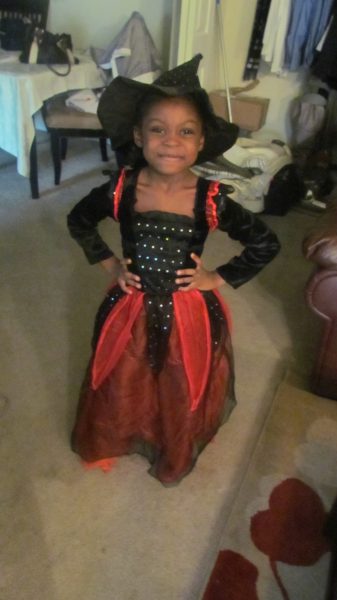Elliot Page comes out as transgender: a pronoun refresher
Elliot Page posted this picture on his Twitter account last week.
Elliot Page came out as a queer transgender male on December 1 and shared his new pronouns and gender identity as a he/they male on Twitter. Elliot Page is the Canadian actor known for their roles in the movie Juno and the Netflix series The Umbrella Academy.
“I feel lucky to be writing this. To be here. To have arrived at this place in my life,” Page said in his statement from his Twitter page. Being proud of your identity is so important in 2020, and having more openly proud transgender celebrities is paving the way for more acceptance and understanding of the LGBTQ+ community.
The Umbrella Academy account on Twitter replied, “So proud of our superhero! WE LOVE YOU ELLIOT!!!” Many notable celebrities expressed their support on Twitter and Instagram for Elliot including Ellen DeGeneres, Kumail Nanjiani, and the Prime Minister of Canada. On social media, people are showing their encouragement for him by crossing out ‘Ellen’ and writing Elliot on their DVD covers and movie posters for Juno.
When Caitlyn Jenner came out as a transgender female in 2015, she was criticized and ridiculed by some of the public. Her daughters Kylie and Kendall Jenner reported that they still call her “Dad” despite her transgender identity. Page’s new identity is monumental for change and embracing others along with more online support and resources available for educating those who continually choose disrespect.
As individuals, our gender and pronouns are part of our identity along with everything else that makes us unique, which is why it is important to respect the identity of others. Here is what to do if you run across struggles or uncertainties with another’s identity.
Accidentally “misgendering” is common, and it’s not a huge deal. If you use pronouns for someone other than what the person prefers, simply apologize immediately and respectfully. If you have a difficult time identifying someone’s pronouns, or just don’t know their pronouns, ask politely or use they/them until you know exactly what their pronouns are. They/them are the most common gender-neutral pronouns and are used just like she/her and he/him.
On social media, it is common for anyone including cisgender, transgender, non-binary, and intersex individuals to put their pronouns in their bio. Always use their preferred pronouns. It is never acceptable to insult somebody else’s identity on purpose. If someone does not include their pronouns, once again, use they/them, politely ask for their pronouns, or ask them to include what they prefer to be called where others can see it.
It is better to educate others on the advantages of supporting the trans and non-binary community by including pronouns instead of immediately attacking and calling them transphobic. Transphobia is real and harmful on the internet and it comes in many forms including jokes.
There are many reasons to not include pronouns. Some individuals are not out to their family yet, so they might only tell their close friends. Others may be really young or new to social media so they don’t understand pronouns. Hold the person accountable for being harmful, but give them chances to educate themselves and show that they are susceptible to change and growth.
An important thing to understand is that everyone has pronouns, and we can always educate and be educated on them.
Some individuals are uncomfortable with she, he, or they, so they prefer neopronouns. Neopronouns are singular, gender-neutral, and fall outside of the female and male gender binaries. Common neopronouns include xe, fae, fleur, ze, etc.
Some people unfortunately make fun of neopronouns and choose not to respect them. This can be shown as “that’s ridiculous, I’m not respecting those,” or making jokes like “going forward—I want to identify as Rich. So please respect my decision and send money,” or “my pronouns are blm/blmself and acab/acabself.” In this case, neopronouns are being mocked and it is more harmful to the trans and non-binary communities because they’re not being taken seriously (these replies are taken word-for-word from Twitter and TikTok).
Obviously, many of us are still learning about different gender identities and how to respect them. Neopronouns are a fairly new —and mostly American—way to express gender identity. Gender identity is very personal, and nobody deserves to have theirs mocked and ridiculed. As Page said in their letter, “To all trans people who deal with harassment, self-loathing, abuse and the threat of violence every day: I see you, I love you and I will do everything I can to change this world for the better. “
Your donation will support the student journalists of Watkins Mill High School. Your contribution will allow us to purchase equipment and cover our annual website hosting costs.

Lindsey Harmon is a senior and Associate Editor for The Current at Watkins Mill High School. She is an honor roll student and participates in the ASL club,...









